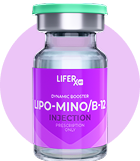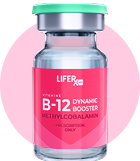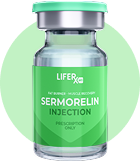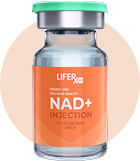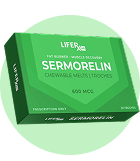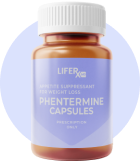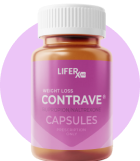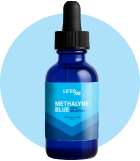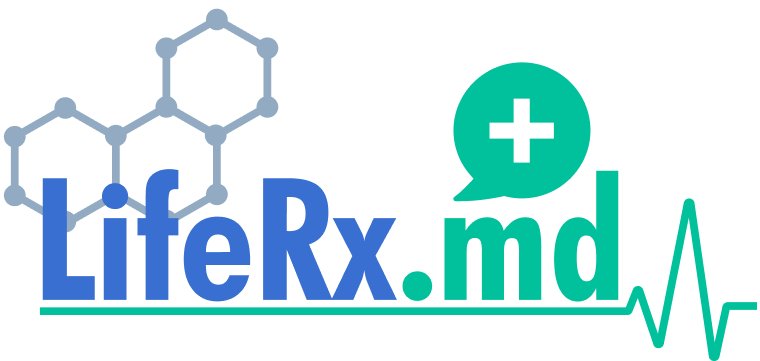Embarking on a weight loss journey involves more than just counting calories; it demands a thoughtful consideration of the types of foods we consume. Processed foods, laden with refined sugars, unhealthy fats, and artificial additives, are often the culprits behind weight gain and various health issues. In this comprehensive guide, we’ll delve into eight food groups that should be avoided for effective weight loss, shedding light on the detrimental effects of processed foods on your health.
1. Sugary Beverages: The Liquid Calories Trap

Sugary beverages, including sodas, energy drinks, and fruit-flavored juices, pack a high caloric punch without offering any nutritional benefits. The excessive sugar content not only leads to weight gain but also contributes to insulin resistance, promoting fat storage. Opt for water, herbal teas, or infused water for a refreshing and low-calorie alternative.
2. Highly Processed Snacks: Empty Calories in Disguise
Chips, crackers, and other highly processed snacks are often loaded with unhealthy trans fats, excessive sodium, and empty calories. These snacks contribute to overeating due to their low satiety, making it challenging to maintain a calorie deficit. Choose nutrient-dense alternatives like nuts, seeds, or whole fruits for a satisfying and healthier snack option.
3. Sugary Treats and Desserts: A Sweet Sabotage
Indulging in sugary treats and desserts can sabotage your weight loss efforts. The high sugar content leads to rapid blood sugar spikes, triggering increased insulin production and subsequent fat storage. Consider healthier sweet alternatives like fresh fruits, yogurt with berries, or dark chocolate in moderation.
4. Processed Meats: The Hidden Culprits
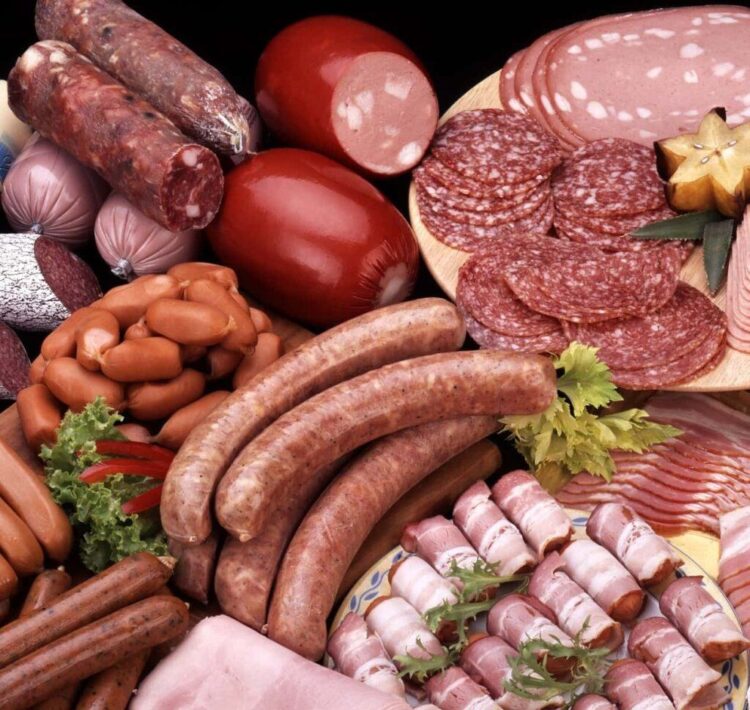
Processed meats, such as sausages, hot dogs, and bacon, are often high in unhealthy fats and sodium. Additionally, they may contain preservatives and additives linked to various health issues. Opt for lean, unprocessed protein sources like poultry, fish, or plant-based alternatives for a healthier protein intake.
5. White Bread and Refined Grains: The Carb Conundrum
White bread and refined grains lack essential nutrients and fiber, leading to quick digestion and blood sugar spikes. Choose whole grains like quinoa, brown rice, and oats, which provide sustained energy and contribute to a feeling of fullness, supporting your weight loss goals.
6. Fast Food: The Convenience Trap
Fast food is a major contributor to weight gain due to its high calorie, unhealthy fat, and sodium content. Regular consumption is linked to obesity and numerous health issues. Opt for homemade meals with whole, fresh ingredients to regain control over your nutritional intake.
7. Sugary Cereals: Breakfast’s Hidden Enemy

Many breakfast cereals marketed as healthy options are loaded with added sugars. Starting your day with these sugary cereals can set the tone for blood sugar fluctuations and increased cravings throughout the day. Choose whole-grain options with minimal added sugars for a more balanced start.
8. Sweetened Yogurts: A Dairy Dilemma
Flavored and sweetened yogurts often contain added sugars that counteract the health benefits of yogurt. Opt for plain, unsweetened yogurt and add your sweetness with fresh fruits or a drizzle of honey.
Why Processed Foods Lead to Weight Gain: Unraveling the Connection
Processed foods contribute to weight gain through various mechanisms. High in calories, low in nutrients, and often designed to be addictive, these foods disrupt the body’s natural mechanisms of hunger and satiety. The rapid digestion of refined carbohydrates leads to quick spikes in blood sugar levels, prompting the release of insulin and subsequent fat storage.
Moreover, the artificial additives and preservatives in processed foods can negatively impact the gut microbiome, potentially influencing weight regulation and metabolic health. The excessive sodium content in processed foods can lead to water retention and bloating, giving a false impression of weight gain.
Optimizing Your Diet for Weight Loss: A Whole-Food Approach
To achieve effective weight loss, focus on a whole-food, nutrient-dense diet. Embrace a variety of fruits, vegetables, whole grains, lean proteins, and healthy fats. Prioritize home-cooked meals, allowing you to control the quality of ingredients and minimize the consumption of processed foods.
Conclusion: Empower Your Weight Loss Journey
Avoiding these eight processed food groups is a crucial step in empowering your weight loss journey. By making mindful choices and opting for whole, nutritious alternatives, you not only support your weight loss goals but also enhance your overall health and well-being. Remember, small changes in your dietary habits can lead to significant and sustainable results.
Note: Incorporating a variety of whole foods and maintaining a balanced diet is essential for overall health. Before making significant dietary changes, it’s advisable to consult with a healthcare professional or a registered dietitian.









